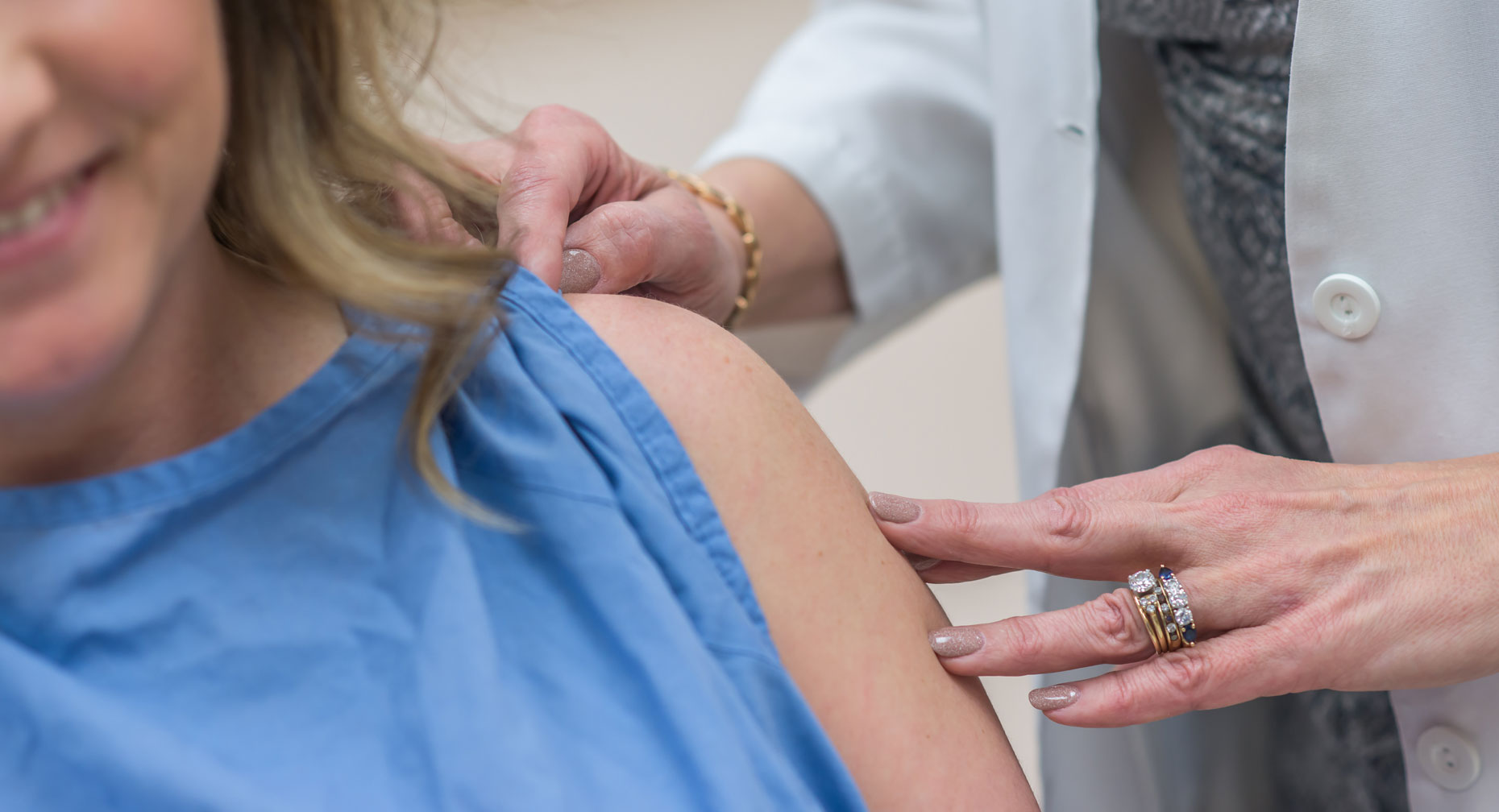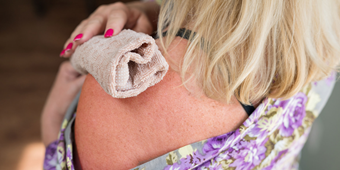Skin Tags: The Good, the Bad, the Ugly

Find Your Perfect Match
Answer a few questions and we'll provide you with a list of primary care providers that best fit your needs.
You know them if you’ve got them – those fleshy, dangly, little alien-like growths attached to your skin. Skin tags.
Skin tags may be ugly, but they’re harmless. Still, many people can’t wait to have them removed. Before rushing to get rid of these annoyances, do your homework and consider the facts.
What Are Skin Tags?
Skin tags are simply that – skin – and are not moles or cancerous growths. They can occur anywhere on the body, but are often found on eyelids, on the neck, in armpits, under breasts, and in the groin area. They are usually flesh-colored (although some may be a little darker) and are attached to the skin by a short “stalk.”
What Causes Them?
The actual cause is uncertain, although there is some belief that they are the result of skin rubbing against skin. Skin tags seem to increase as people age, especially in women, and are common during pregnancy. They are also common in people who are overweight or have diabetes, and could be linked to increased risk of heart disease. There may also be a genetic link, as skin tags seem to run in families.
They can occur anywhere on the body, but are often found on eyelids, on the neck, in armpits, under breasts, and in the groin area.
How Do I Get Rid of Them?

There is no need to have skin tags removed, unless you want to do so for cosmetic reasons. Or if they’ve become irritated from rubbing against skin or clothing. Talk to your primary care physician or a dermatologist. She will probably recommend:
- Freezing them off (cryotherapy)
- Burning them off (cauterization)
- Cutting them off
While you may be tempted to deal with the tag yourself, it’s not recommended. Because there are blood vessels in skin tags, they can bleed a lot. You could also risk infection.
Concerned? Have Your Doctor Take a Look
Most people have some benign skin markings, including skin tags. If you see something on your skin that concerns you, have your doctor take a look at it. Chances are that it could be harmless, but it’s wise to take a preventive approach to skin health.
Find Your Perfect Match
Answer a few questions and we'll provide you with a list of primary care providers that best fit your needs.
Source: National Institute on Aging; Medline Plus




